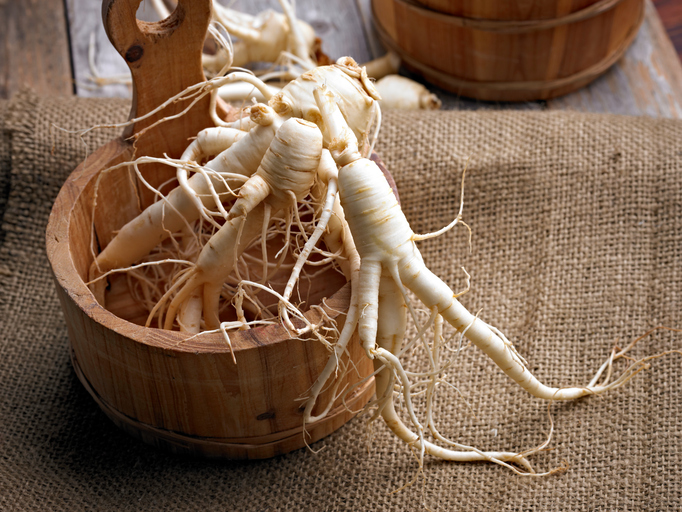
Can This Weird Diet Actually The Healthiest?
This Weird Diet Is Actually The Healthiest, According To One Of The Country’s Top Functional Docs.
Heard of the Pegan diet? Don’t worry, it’s only a matter of time before you do!
It’s the brainchild of Dr Mark Hyman, who concludes that the healthiest way to eat in today’s too-much-too-choose-from world is actually a mix of both paleo and vegan. So…Pegan. Get it?
Dr Hyman said he’s spent years sifting through the endless science and opinion about what to eat, agreeing they all have advantages and disadvantages.
Vegan, for example, provides lots of whole plant foods plus a reduced carbon footprint by excluding meat, but it won’t provide enough omega-3 fatty acids for example. Or iron, zinc, copper, vitamin D, B12, protein and amino acids. Not to mention you’re still susceptible to eating sugar, refined and highly-processed foods.
And Paleo, based on foods that existed before agriculture came along, is great for staying away from processed foods, no sugar, no dairy and no processed meats. But the diet can favour meat over plant-based foods, something our prehistoric ancestors ate a hellova lot of – 100 to 150 grams of plant foods a day compared to our modern 8 to 15 grams.
While both diets are based on the same foundation (eat real, whole food including vegies and fruit, healthy protein and fat, and stay away from sugar), Dr Hyman has mashed them both together into something you can easily follow every day:
THE RULES
-
Make sugar an occasional treat rather than as a daily dietary staple.
-
Cover half your plate with veggies, the deeper the colour the better and the more variety the better. Not to self, French fries don’t count!
-
Go easy on the fruit and stick to low sugar varieties like berries.
-
No chemicals, additives, preservatives, artificial this or artificial thats.
-
Eat omega-3 fatty acids from foods like nuts, seeds, olive oil, eggs, avocados, fish, grass-fed or sustainably raised meat, coconut oil or coconut butter.
-
Avoid most vegetable oils, nut and seed oils.
-
Stay away from dairy except for the occasional organic or grass-fed variety.
-
Use meat as a side-dish rather than the main fare.
-
Choose low-mercury or low-toxin fish, sustainable harvested or farmed to avoid the nasties.
-
Cut out gluten.
-
Eat very small amounts of gluten-free whole grains – all grains increase your blood sugar.
-
Stay away from starchy beans and stick to lentils.
-
Personalise your approach by seeing a nutritionist.






